How does a heat pump work? – for beginners
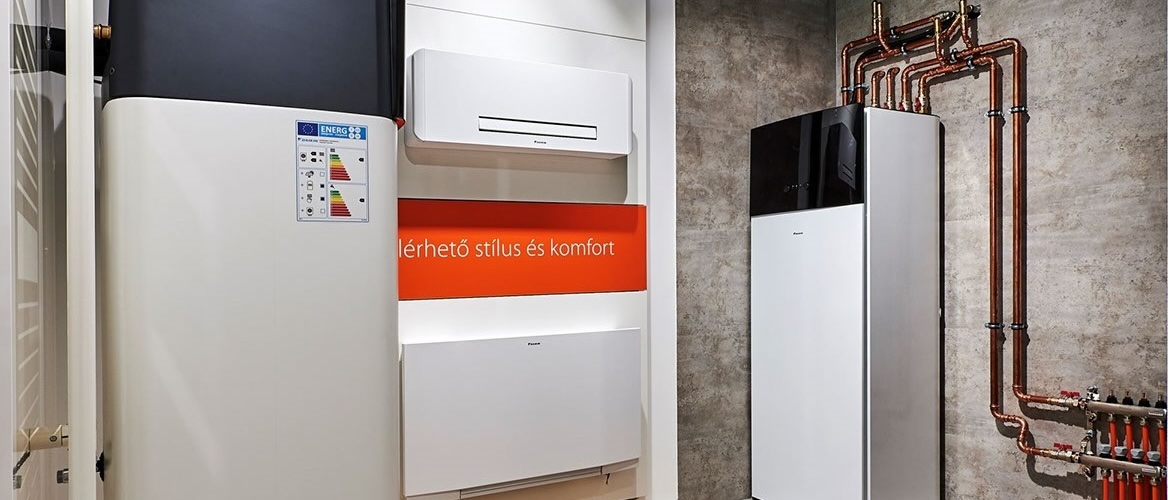
Heat pumps are an increasingly popular choice when it comes to home heating and refrigeration solutions. In this article, we'll help you understand how heat pumps work and their key benefits, looking at who should choose this modern heating and refrigeration solution.
What is a heat pump?
A heat pump heating system in the traditional sense is a building services solution that can provide both heating and cooling, as well as hot water production. The classic heat pump system usually consists of an outdoor and an indoor unit (split system), but monoblock versions are also becoming more common.
The outdoor unit uses energy (hot or cold) from the air, ground or water, transmits it to the indoor unit, which then manages the temperature change and provides heating, cooling and hot water on demand, depending on the type of heat emitter they are connected to.
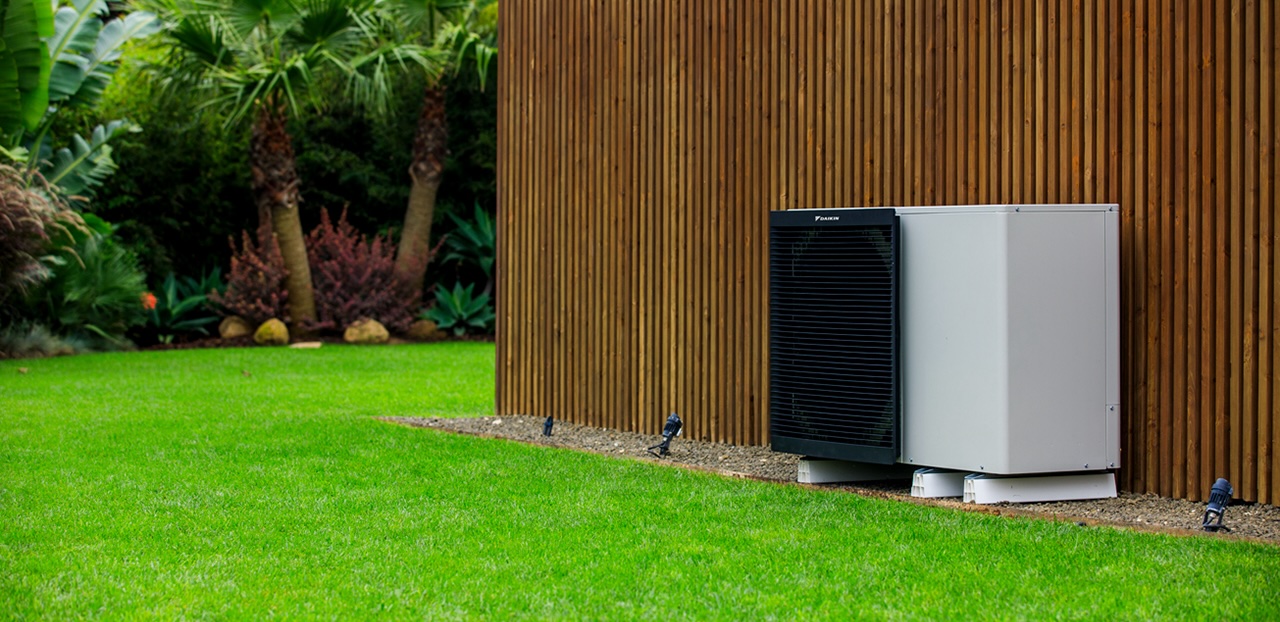
How does a heat pump work?
The process of a heat pump can be best explained in very simple terms as follows: a heat pump works as a kind of circuit that takes thermal energy from the ground (geothermal version) or simply from the ambient air (air-to-water) and, with the help of a refrigerant, heats or cools the water circulating in the system to the right temperature, which can then be used for heating, cooling or domestic hot water production via heat exchangers.
In the case of renovation or modernisation, the heat pump can in some cases also be connected to existing heat transmitters, for example to existing underfloor heating or to newer types of radiators. The heat pump differs from conventional fossil systems in the way it generates heat, rather than in the way it distributes heat: it uses the evaporation and condensation of the refrigerant rather than the combustion of the fuel to produce heat.
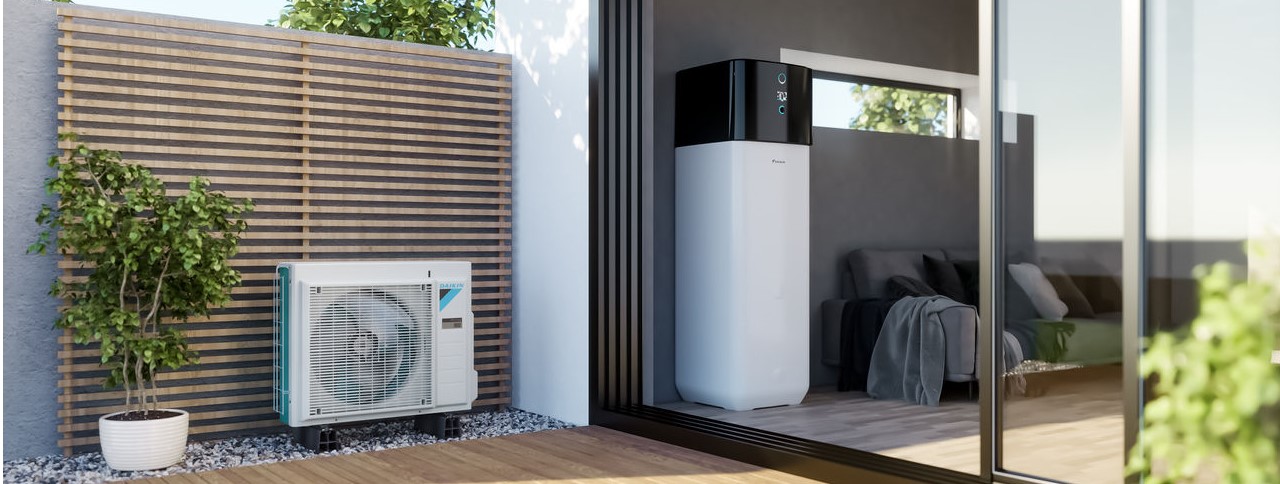
What makes a heat pump environmentally friendly?
Heat pumps use renewable energy to operate. Once installed, a heat pump can fully meet your heating and hot water needs and does so much more efficiently than a fossil fuel boiler. This makes heat pumps one of the most economical and environmentally friendly heating solutions available today.
In addition, if you also install a solar panel and use the energy produced by the solar panel to power the heat pump, you can practically zero out the overheads, and heat pumps can provide all the heat energy you need from renewable sources, without any emissions from operation.
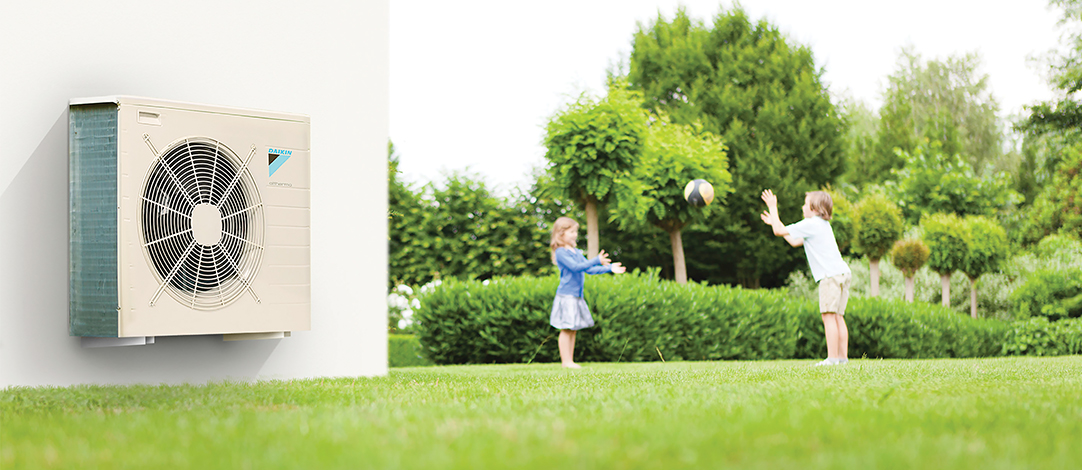
Who is it worth installing a heat pump for?
Due to the above benefits, our experience is that for new properties, heat pump technology is now mainly preferred by owners over conventional solutions (gas, oil, mixed fuel boilers). But more and more people are also choosing to renovate the heating systems of their existing properties, as it is a viable alternative in the foreseeable future due to its low energy consumption.
Before you invest, we recommend that you seek advice from a professional who can help you choose the right type and guide you through the steps to ensure a trouble-free installation and operation.
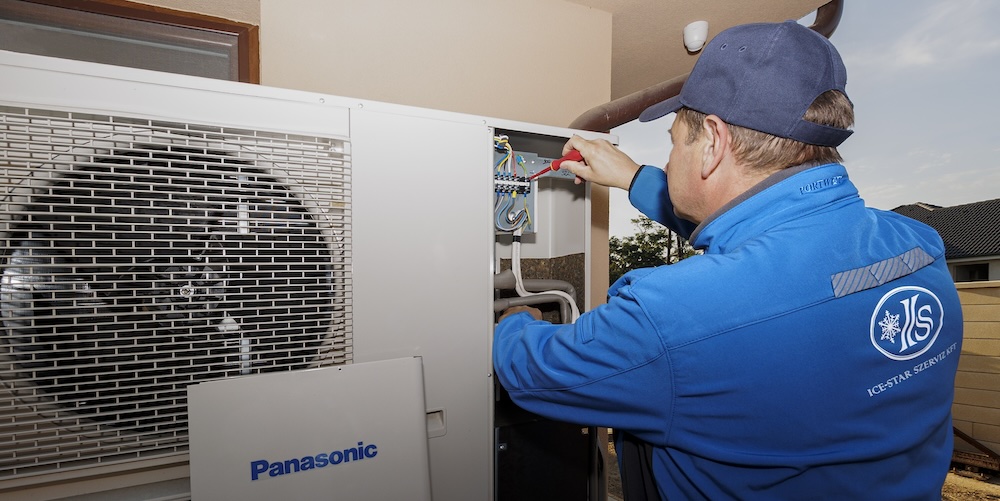
To find out more about our heat pump solutions or to request a quotation, click here and our experts will contact you within 48 hours.
Discover the future of heating and refrigeration technology with the heat pump and let us help you on this exciting journey!



